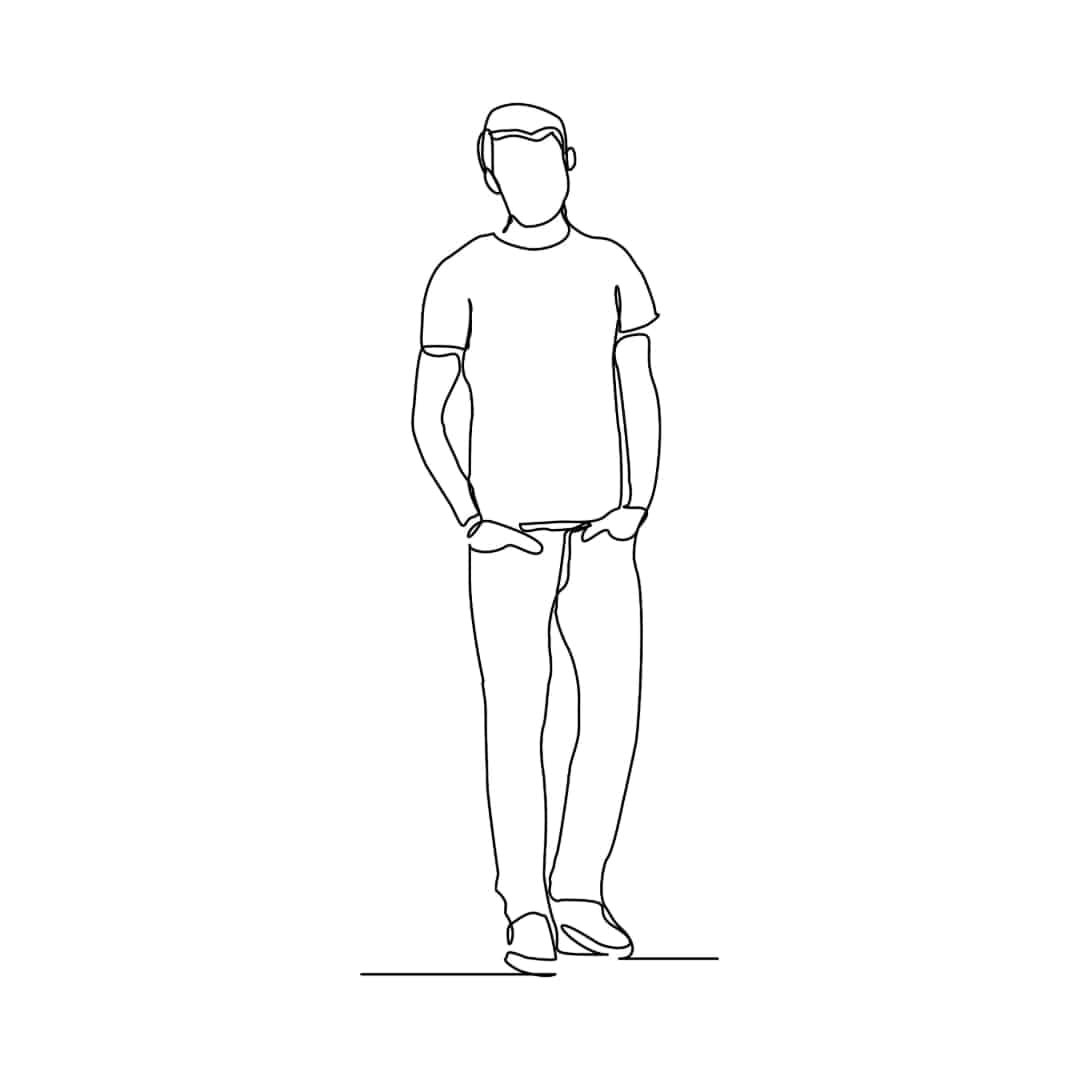Showing support to someone who is new to sobriety can seem pretty easy, but it can also be a very difficult path to navigate at times. The main thing to keep in mind is that you are trying to give support to that person, even when the newly sober alcoholic may not understand what you are trying to do.
You may be saying to yourself, “what do you mean? Showing support is easy, just let them know that you care and offer help when available.” With a newly sober alcoholic, showing support can really come in many forms and it may not always be direct, like telling someone that you care and offering help. For example, lending support to someone new in recovery may look like setting boundaries. This can be hard for the newly sober addict to understand and also hard for the supportive individual to keep.
Showing Support Can Be Easy
Supporting a newly sober alcoholic doesn’t have to be difficult always, because some things are very straightforward. For example, if you live with a newly sober alcoholic, it’s probably not a very supportive thing to keep alcohol or drugs in the house.

This is not to say that alcohol may never be kept in the house again, but in the beginning, it is probably best to keep alcohol away from the newly sober person at all costs. Take it a step further and it probably isn’t too supportive to drink or use any drugs in the presence of a newly sober alcoholic.
Another thing to keep in mind when supporting someone new to sobriety could be the old Alcoholics Anonymous cliché: people, places and things. This refers to the idea that people, places and things that are related to drinking for newly sober people should probably be avoided. Think of it like this, if it’s out of sight than it may be easier to keep out of the mind. Old drinking buddies, bars, night clubs and anything else that could be related to drinking should be replaced with new people, places and things. A supportive person could maybe even introduce some other sober people to the new person entering into recovery.
Showing Support Can Be Difficult Too
A newly sober alcoholic may really be making some large strides at turning around their life right away. Maybe they have jumped right back into a positive lifestyle with activities like education, employment, volunteering or things like picking up on lost responsibilities and making contributions to society. This all can be part of the process when getting sober, but the opposite is also true.
A newly sober alcoholic can also be making some very impulsive, risky and negative decisions for their new life too. For example, it can be quite common for someone new in recovery to start spending large amounts of money on various things like tattoos, clothes, cars, etc. which may not be considered priorities for most. Maybe the newly sober person has legal issues and instead of paying fines, they are spending their money on extravagant dinners? These are just some examples where it can be hard to show support to a newly sober alcoholic without drawing a boundary.
Setting boundaries can seem hard when trying to show support to a newly sober alcoholic, but it may be what saves their life in the end. Maybe you are the only one that sees the negative behavior that the newly sober alcoholic is creating for themselves. It can be very important to speak up and let the person know that you do not agree with what they are doing. Letting them know that you want to support them in their recovery, but not necessarily in the negative behavior that can come along with it is equally important. This boundary may really help the newly sober alcoholic realize that the negative things they are involved in now could turn into a relapse later.
Support Can Come In Many Forms
There is no one way to show support for a newly sober alcoholic, so being prepared with concepts like removing alcohol from a home, being able to set clear boundaries and ready to have conversations that may not always seem supportive at first, can really make a difference. Sometimes support is just listening to the person and that’s just how easy it can be. Supporting a newly sober alcoholic can be rewarding for the individual who gives the support and it can be even more long-lasting for the individual that needs support.



